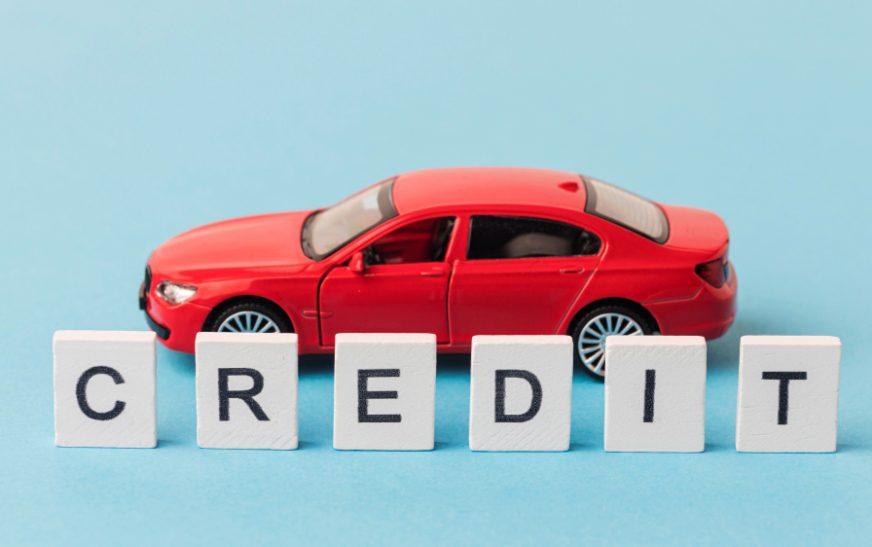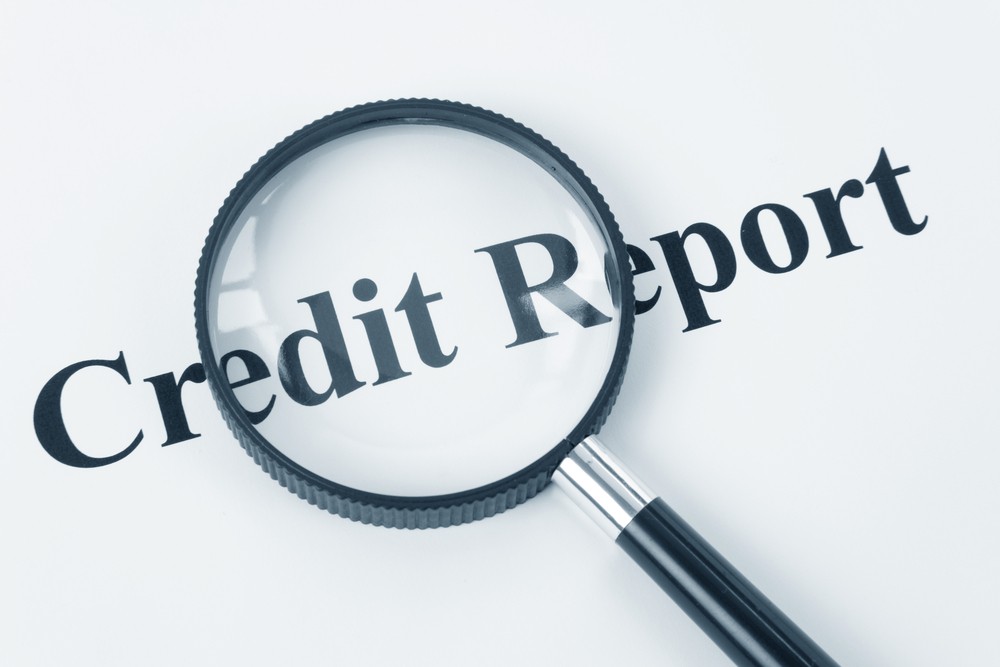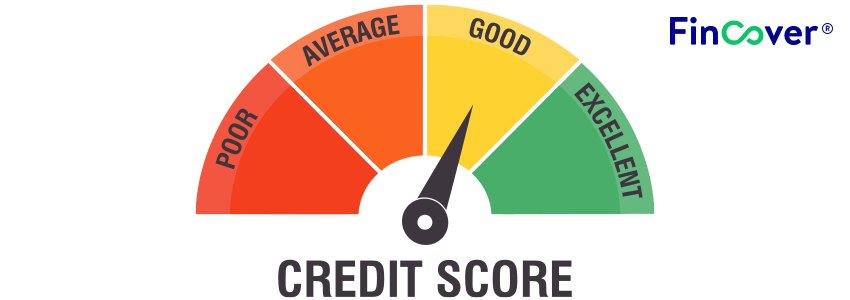Humans have a price tag, just like products sold in department stores. Sounds shocking? Unfortunately, it’s true.
Now, for some people, they can spend most of their life without knowing their ‘worth’, but for others the experience can be bitter. How exactly do you know your valuation, and who is it that determines it on your behalf?
For working professionals, who rely on loans for buying their homes, cars and sometimes even to pay for necessities, their worth is determined by their credit score. Depending on how good or bad your credit score is, you can be granted or denied loans. In the UK, there are three primary credit rating agencies, Equifax, Experian and TransUnion.
Certain lenders like Salad Money, also offer loans to people with bad credit scores while more traditional institutions often rely solely on your credit history to determine your loan application. We’ll be exploring more about different credit scores and their impact on your life.
Good Credit Score
Why is a good credit score so important? A good credit score can open a host of opportunities and better financial accessibility for you. Let’s explore the benefits of an excellent credit score.
Benefits of Having a Good Credit Score
- Banks and online lenders are more willing to extend credit to a person who has an above-average credit score, as they are low-risk clients. The approval process is much easier for you than for someone with a poor credit history.
- You often get offered a lower interest rate and better borrowing terms as lenders believe that someone with a high credit score is a financially responsible individual. This can help you save money, especially on auto loans or mortgages.
- If you own a car, the terms of your car insurance and premium are greatly impacted by your creditworthiness. Someone with a good credit score is often charged less premium, as you are considered a responsible and low-risk person (it has nothing to do with your driving record). Some insurance providers might also offer you better terms depending on your credit history.
- An excellent credit score often makes you eligible for exclusive credit cards that offer amazing rewards and cashback options.
- Landlords and even potential employers take a peek into your credit score before deciding to rent you their home or offer you a job. If you have a bad credit history, you are likely to default on rent payments or make unscrupulous choices at work.
Bad Credit Score
A person is considered to have a bad credit score by Equifax if their score is below 530 points, below 720 points on the Experian scale, and 565 points or less on the TransUnion scale.
You may end up on the wrong side of credit scoring if you have no credit history (never taken out a loan or credit card), have declared bankruptcy, and missed paying back your debt on time.
Let’s understand how a bad credit score can affect your life.
Impact of Bad Credit Score
- If you have a bad credit score, it’s less likely that you’ll get approved for personal loans, car loans, credit cards, overdrafts or mortgages. Lenders find you as a risky customer who may not pay back their loan, especially in the case of an unsecured loan.
- Even if you are approved for a loan, you might be charged higher interest rates, and more stringent terms might be applicable for you than for someone that’s higher on the credit rating.
- It can make it difficult to land jobs, especially in the field of finance or law, and you may even find it challenging to rent a decent home. Insurance providers often offer you higher premium rates.
How to Improve Credit Score?
Now that you understand the importance of credit score in your life, let’s look at how you can make sure you prove your creditworthiness to lenders.
If you are someone who hasn’t borrowed previously, then this can work against you. Take out smaller amounts of loans or charge your credit card and then make proactive and prompt payments. This will help to build a good credit score.
Registering yourself on the electoral roll proves your identity, helping you build your financial credibility. Refrain from opening multiple new accounts or applying for loans frequently. Most banks and lenders take a hard check on your credit history, which can not only shave off points from your credit score but also remain on your credit report for a long time. It’s better to keep your old account open and show a long, successful credit history.
It’s important to check your credit history frequently for any errors or fraudulent activities, and if you notice anything off, then report them immediately.
Wrapping Up
With this, you now understand how good and bad credit scores can affect you. Understanding your finances and conducting in-depth research can help you make informed decisions. This can help you stay within a budget and be consistent with your debt repayment strategy.
Credit can be great if it is utilised in a proper manner and paid back on time.


















